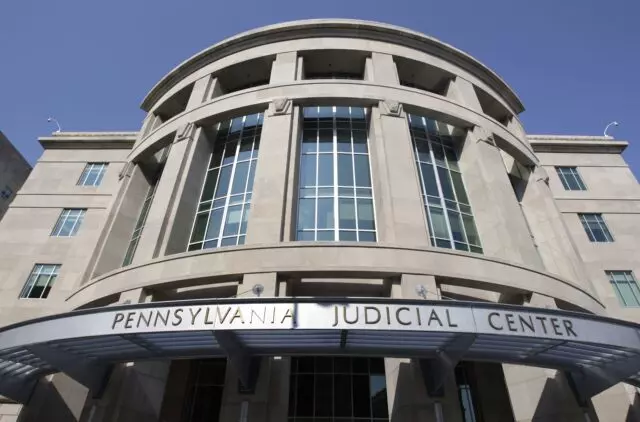Voting in Pennsylvania is about to get a bit more complicated due to a recent state Supreme Court ruling that could impact thousands of mail-in ballots if the date written by voters does not match with the one provided by the election board. This new mandate, which was previously deemed unenforceable by a lower court, raises concerns for potential voter disenfranchisement and could have significant consequences in the upcoming presidential race, especially in this key swing state.
The state’s high court ruled that the Commonwealth Court should not have taken up the case since it did not involve all 67 counties that administer elections in Pennsylvania. The left-leaning groups who filed the lawsuit against the mandate had only sued Philadelphia and Allegheny counties, which may create disparity between different regions in terms of enforcement.
The decision to halt enforcement of the handwritten dates on mail-in ballots was made two weeks ago by the Commonwealth Court. However, this decision has now been reversed by the Supreme Court, leading to fears that thousands of ballots could be discarded if they arrive in time but contain an incorrect date on the envelope.
Notably, more Democrats than Republicans vote by mail in Pennsylvania. In recent elections, older voters have faced disproportionately higher rates of having their mail-in ballots invalidated due to problems with the exterior envelopes’ dates. The Supreme Court’s decision was split 4-3, with two Democrats joining both Republicans on the bench to overturn the Commonwealth Court ruling.
The three dissenting Democratic justices argued that the high court should have taken up the dispute, stating that a quick resolution is crucial for ensuring public confidence in the electoral process. They were prepared to rule on the matter based solely on written briefs, showing their urgency in resolving this issue before the general election.
The lawsuit brought forth in May argued that the mandate was not enforceable under a state constitutional provision stating that all elections must be “free and equal.” With more than 10,000 ballots potentially at risk of being discarded due to date-related issues, the outcome of this case could significantly impact the presidential race in Pennsylvania, which has 19 electoral votes – the largest prize among the seven swing states.
Pennsylvania voters will also be deciding on various other contests during this election, including whether incumbent U.S. Sen. Bob Casey, a Democrat, should be replaced by Republican challenger Dave McCormick. Additionally, there are 228 state legislative contests and elections for state treasurer, auditor general, and attorney general on the ballot.
Both sides of the case were unavailable for comment at the time of this article’s publication.

